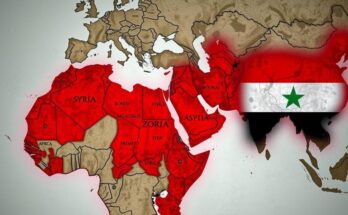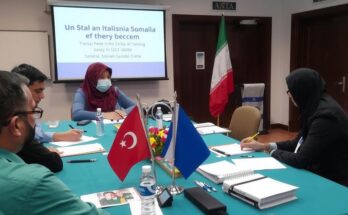An international tribunal has determined that Indonesia committed crimes against humanity during the 1965-66 mass killings, implicating the military and acknowledging the complicity of the U.S., U.K., and Australia. The tribunal cited extensive human rights violations and called for apologies and investigations, which Indonesia rejected. Advocates for justice view the ruling as a critical step towards accountability for historical atrocities.
A recent judgment by an international tribunal has determined that Indonesia was guilty of crimes against humanity during the mass killings of 1965-66. The ruling specifically implicates the Indonesian military, particularly during the aftermath of the killings of several generals, with estimates suggesting that up to 500,000 victims were murdered. This violence was driven by a campaign against members of the Indonesian Communist Party and others labeled as communists or sympathizers. The tribunal’s head judge, Zak Yacoob, emphasized the state’s responsibility for numerous severe human rights violations, including torture, forced disappearances, and sexual violence, ultimately classifying these acts as genocide. Furthermore, the tribunal accused the United States, the United Kingdom, and Australia of being complicit in these atrocities. In light of the findings, the judges called for the Indonesian government to apologize to the victims and undertake a thorough investigation, but these recommendations were promptly dismissed by the Indonesian government. Human rights advocates, however, regard this ruling as a significant step towards accountability for a historical tragedy that has long been buried, urging acknowledgment of the past to prevent further impunity.
The events of 1965-66 in Indonesia were characterized by a violent purge instigated by the murders of several military leaders, which led to an overwhelming campaign against the Communist Party and its affiliates. Following these events, an estimated half a million people were killed in a coordinated military operation fueled by political paranoia and fueled by external nations’ complicity. The ongoing struggle for truth and reconciliation regarding these events has continued for decades, with victims and their families seeking acknowledgment and accountability for the atrocities. International human rights law considers such acts as crimes against humanity, demanding justice and reparation.
The ruling from the International People’s Tribunal represents a robust condemnation of the historical events in Indonesia between 1965 and 1966, rejecting interpretations that trivialize the human suffering endured. With the tribunal’s findings aiming to hold the Indonesian state accountable for its actions, the call for external nations’ acknowledgement of their roles in these crimes aims to shed light on an often-overlooked narrative of violence and impunity. For the victims and their descendants, this ruling not only validates their suffering but also underscores the urgent need for justice and reconciliation.
Original Source: time.com




